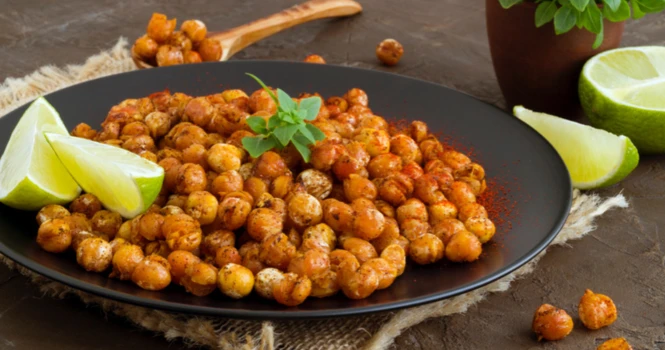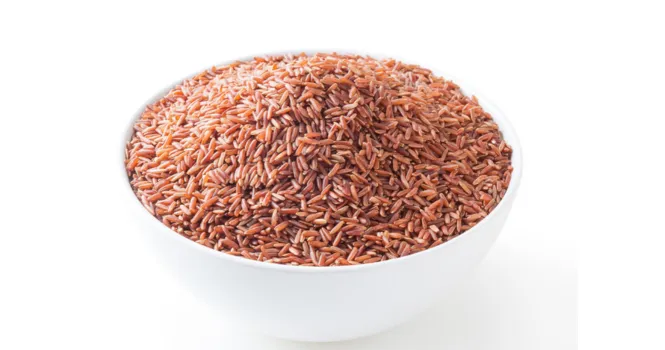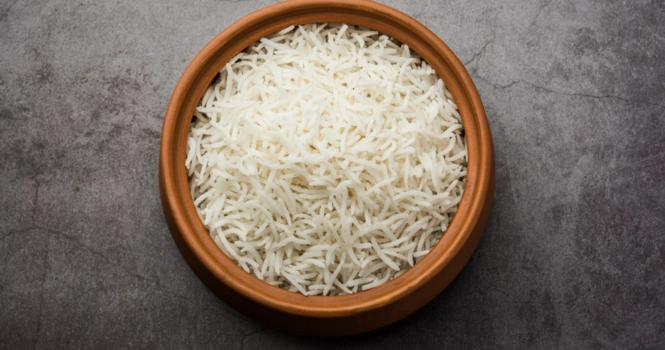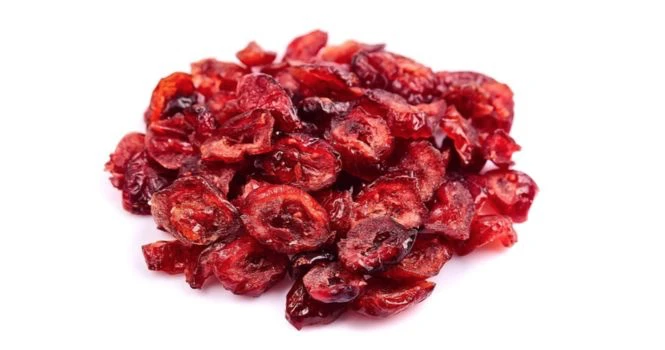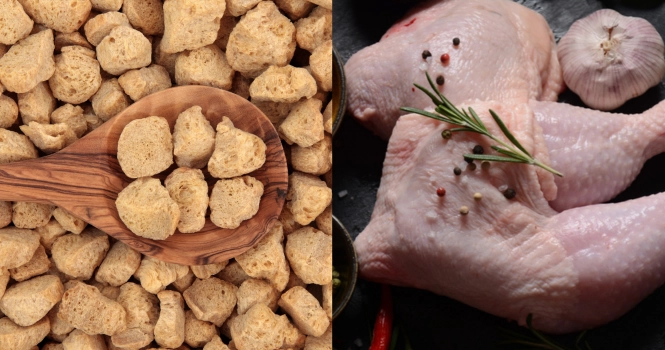Jeera Rice: A Healthful Staple in Your Diet?
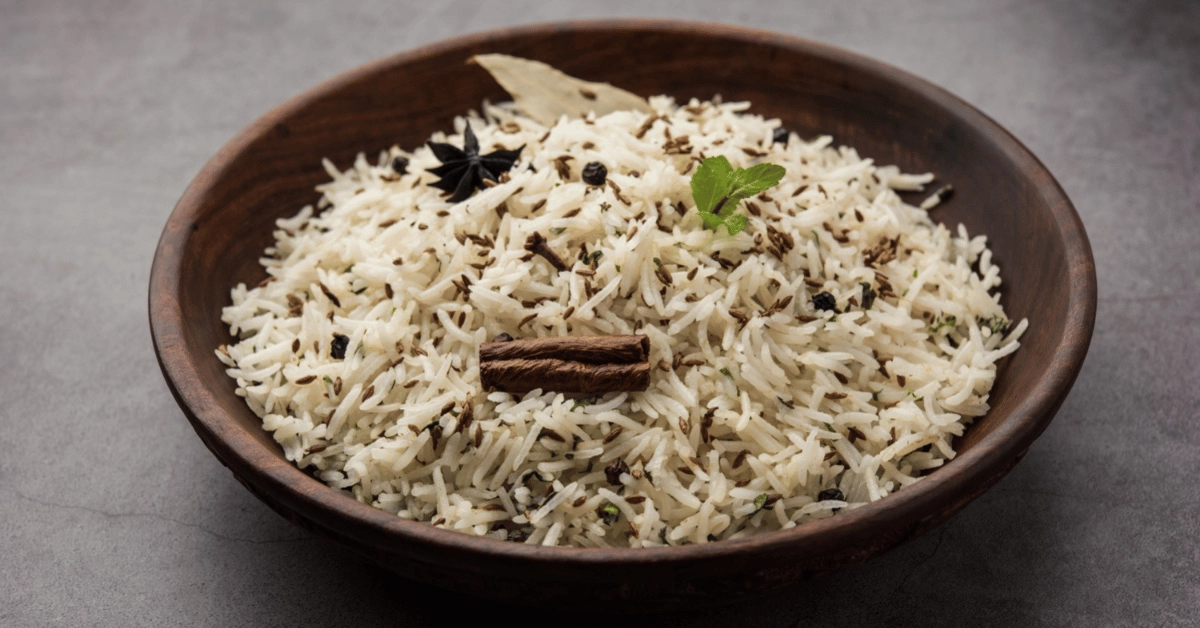
Jeera rice, a fragrant dish popular in Indian cuisine, is more than just a flavorful side. Made by tempering cumin seeds (jeera) in hot oil or ghee before mixing with cooked rice, this simple yet delicious dish has been a staple in many households.
But beyond its taste, does jeera rice hold any health benefits?
The Nutritional Profile
At its core, jeera rice combines the nutritional properties of rice and cumin seeds.
White rice, the common base for jeera rice, is a source of carbohydrates, providing energy for daily activities. While often criticized for its high glycemic index, when consumed in moderation, it can be part of a balanced diet. Cumin, the star spice of the dish, is known for its array of health benefits. It’s rich in iron, promotes digestion, and has antioxidant properties.
Digestive Health
Cumin seeds have been traditionally recognized for their digestive benefits. They stimulate the secretion of digestive enzymes, which can aid in the digestion process and reduce the likelihood of digestive issues such as bloating and gas.
Incorporating jeera rice into meals might, therefore, improve overall digestion.
Iron Content
Cumin is an excellent source of iron, a critical component of hemoglobin in the blood. A diet incorporating cumin can help prevent and treat iron deficiency anemia.
For individuals with increased iron needs, such as pregnant women or those recovering from anemia, jeera rice can be a flavorful way to boost iron intake.
Weight Management
While rice is often viewed skeptically in weight loss diets due to its carbohydrate content, jeera rice, when consumed in controlled portions, can fit into a weight management plan.
The key is moderation and pairing it with a healthy balance of proteins and vegetables. Additionally, cumin itself has been studied for its potential to support weight loss efforts by enhancing the body’s energy expenditure.
Antioxidant Properties
Cumin seeds contain various plant compounds known for their antioxidant properties, which can combat oxidative stress and reduce inflammation in the body. This can have long-term health benefits, including reducing the risk of chronic diseases.
Is Jeera Rice Good for Everyone?
While jeera rice offers several health benefits, it’s essential to consider individual dietary needs and health conditions.
For those monitoring their blood sugar levels, such as individuals with diabetes, the glycemic impact of white rice should be considered. Opting for whole-grain rice like brown rice can be a healthier choice, offering higher fiber content and a lower glycemic index.
Frequently Asked Questions
What is Jeera rice made of?
Jeera rice is made of white rice (often Basmati for its long grains and fragrance) and cumin seeds (jeera), along with oil or ghee for tempering.
Is Jeera Rice the same as Basmati?
No, Jeera Rice is not the same as Basmati. Jeera Rice is a dish prepared using rice (commonly Basmati rice for its aroma) and cumin seeds, while Basmati is a variety of long-grain rice known for its fragrance and delicate flavor, often used on its own or as a base for dishes like Jeera Rice.
Is jeera rice good for weight loss?
Jeera rice can be part of a weight loss diet if consumed in moderation due to the metabolism-boosting properties of cumin. However, it’s important to manage portion sizes and consider the overall calorie intake, as rice is a high-carbohydrate food.
Is jeera rice good for diabetes?
For individuals with diabetes, jeera rice can be consumed in controlled portions. The cumin in jeera rice may help improve insulin sensitivity, but the rice, particularly if white, can have a high glycemic index and impact blood sugar levels.
Opting for whole grains like brown rice instead of white rice can make it a better choice for blood sugar management.
Is Jeera rice good for gastritis?
Jeera (cumin) is known for its digestive properties and can help in relieving symptoms like bloating and gas, which are common in gastritis.
However, spicy or heavily seasoned dishes, including jeera rice if made with a lot of oil or spices, might irritate the stomach lining in some people with gastritis.
Consuming jeera rice in moderation, with minimal oil and spices, could be suitable for individuals with gastritis, but it’s important to tailor dietary choices to individual tolerance levels and consult a healthcare provider for personalized advice.



